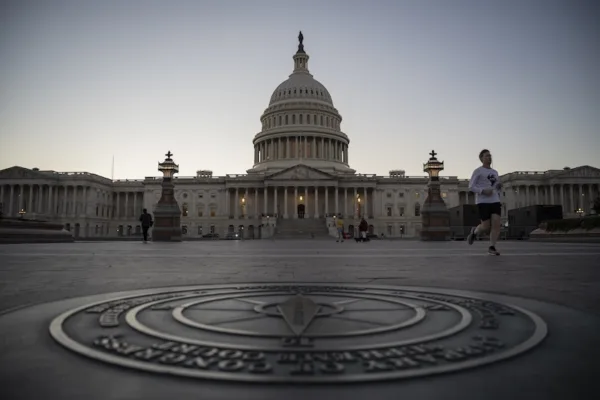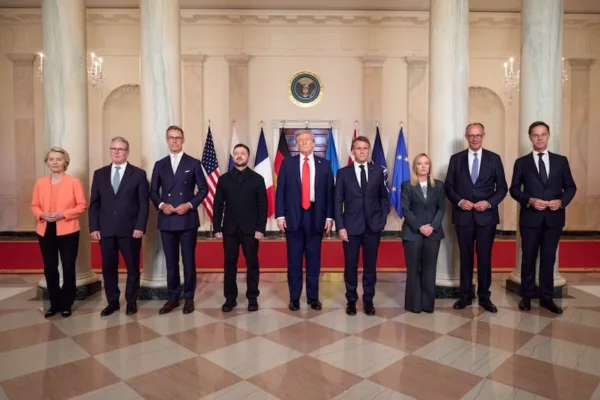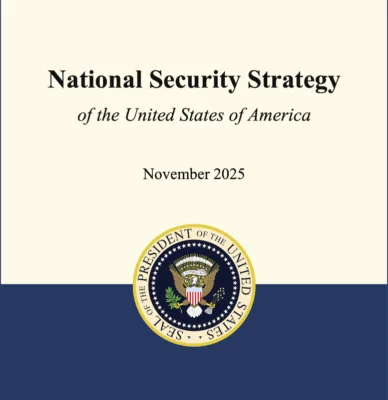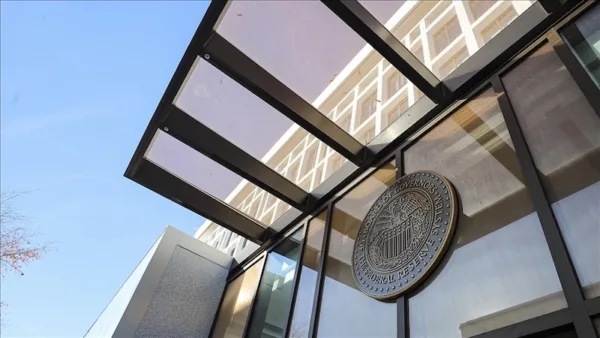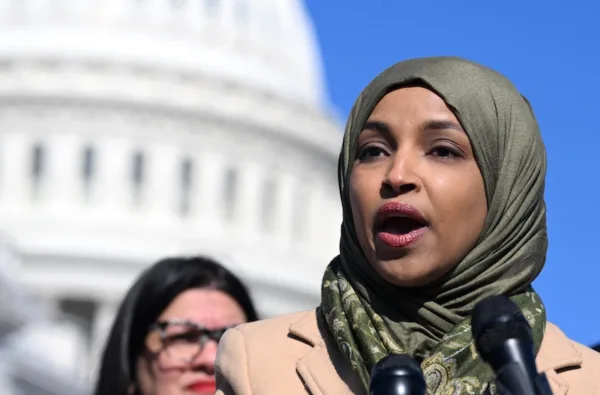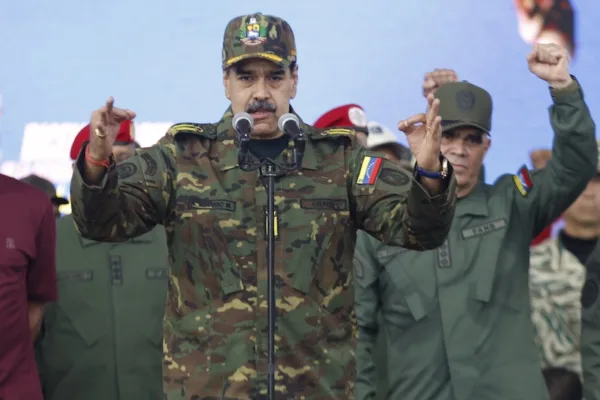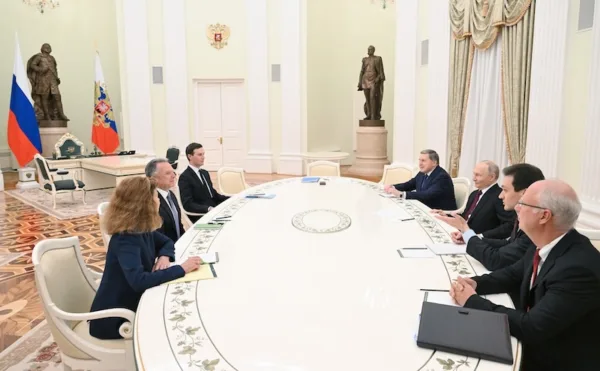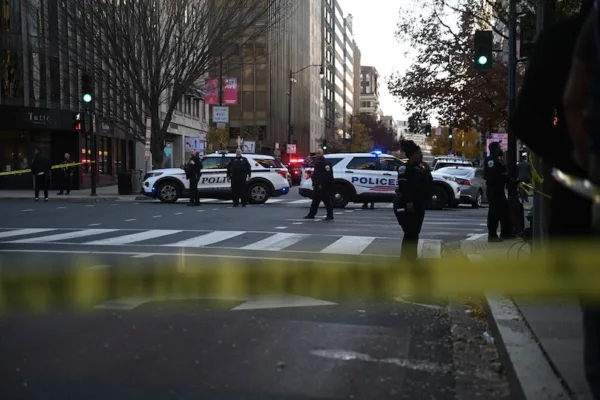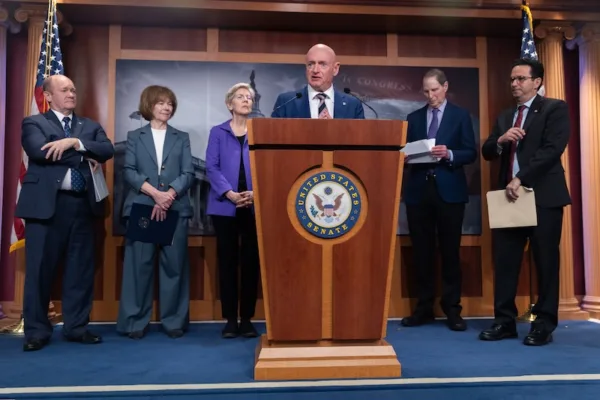The Geneva Process: Toward a Political Solution in Syria
The establishment of four deconfliction zones through the Astana process, backed by Russia, Iran, and Turkey, has led to the restarting of the UN-backed Geneva process. In the latest round of peace talks in Geneva, there are few signs that a constructive engagement is taking place. The Assad regime’s delegation walked out of the meetings on Friday as the opposition has maintained its position that Assad play no role in any future post-conflict government. Both the US and Turkey support the Geneva process to end the conflict, but competing interests between the regime and the opposition as well as external actors with varied goals promise further uncertainty about the fate of the talks.
While the fall of ISIS’ last stronghold in Raqqa signifies a turning point, many experts have pointed out the continued threat posed by the terror group not only to a peace settlement in Syria but to regional stability as well. As the anti-ISIS campaign winds down, it is not clear what will happen to the US-supported “local partners,” such as the PYD, given Turkey’s strong opposition to their inclusion in the Geneva talks. While all main actors agree that the only resolution to the civil war is a political one, it remains unclear whether the Geneva process will provide the necessary platform to reconcile differences between the regime and the opposition as well as among the external actors.
Please join us for a discussion with a panel of distinguished experts on the future of the Geneva peace process and how a political resolution in Syria might be reached.
*A light lunch will be provided.
Speakers
Mona Yacoubian, Senior Advisor, Syria, Middle East and North Africa, U.S. Institute of Peace
Andrew Tabler, Martin J. Gross Fellow, The Washington Institute for Near East Policy
Hassan Hassan, Senior Fellow, The Tahrir Institute for Middle East Policy
Kadir Ustun, Executive Director, The SETA Foundation at Washington D.C.
Moderated by Kilic Kanat, Research Director, The SETA Foundation at Washington D.C.






